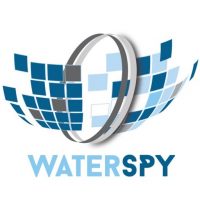Bernard Lendl gave a lecture with title: ”A photothermal Mach-Zehnder interferometer for measuring caffeine and proteins in aqueous solutions using external cavity quantum cascade lasers” in Biomedical Vibrational Spectroscopy 2018: Advances in Research and Industry
Abstract
One of the advantages of mid-IR spectroscopy in biomedical research lies in its capability to provide direct information on the secondary structure of proteins in their natural, often aqueous, environment. One impediment of direct absorption measurements in the correspondent spectral region is the strong absorbance of the native solvent (H2O). In this regard, the advent of broadly-tunable external cavity quantum cascade lasers (EC-QCL) allowed to significantly increasing the optical path length employed in transmission measurements due to their high spectral power densities. Low measured S/N ratios were improved by elaborated data analysis protocols that corrected mechanical flaws in the tuning mechanism of ECQCLs and allow for S/N ratios comparable to research grade FTIR spectrometers. Recent development of new optical set-ups outpacing direct absorption measurements led to further advancements. We present a dedicated Mach-Zehnder interferometer for photothermal measurements in balanced detection mode. In this highly sensitive design, the interferometer is illuminated by a HeNe laser to detect the refractive index change induced by the heat insertion of the EC-QCL. Here, we present photothermal phase shift interferometry measurements of caffeine in ethanol as well as casein in water. Further, the dependency of the signal amplitude on varying modulation frequencies was investigated for different liquids.
Sunday 28 January 2018
